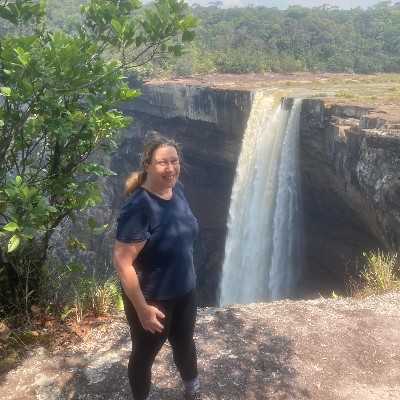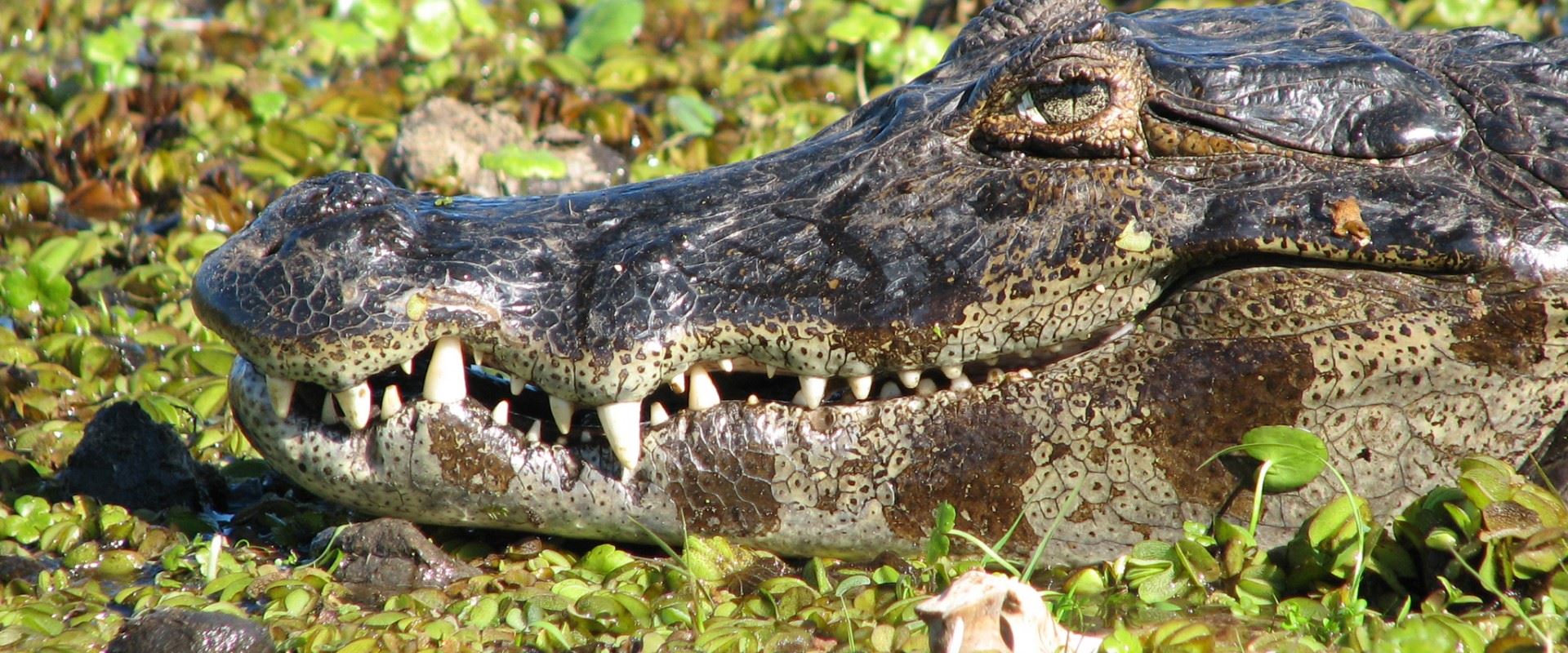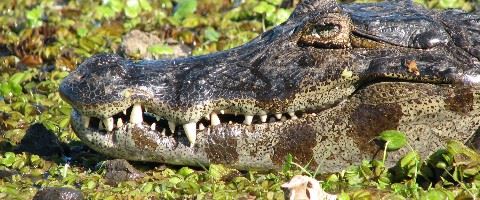It is a broad, shallow river, covered by semi-submerged marsh grasses, reeds, and other water-loving plants flowing diagonally from the northeast toward the southwest, where the Río Corrientes enters the middle Paraná.
In terms of wildlife, Iberá is an American Serengeti. While lacking the total biomass of Africa’s famous plain, the variety of species and the sheer number of birds, mammals and reptiles is certainly impressive. For these reasons, it has attracted the attention of international conservationists.
There are approximately 350 different species of birds, abundant reptiles, colourful butterflies, insects and several mammals. The most readily seen animals include the carpincho, marsh deer, pampas deer, howler monkey, caimans, storks, herons, egrets and waterfowl.
Iberá is a year-round destination but the summer months can be extremely hot and humid. Rain can fall at any time of the year. Activities include bird-watching and other wildlife watching, hiking on a gallery-forest nature trail and horseback riding.
For those arriving at Esteros del Ibera from Iguazu, a road transfer offers a great alternative to flying. The trip is spread over two days with a stay in the Puerto Valle Hotel en-route.
Depending upon weather/road conditions, the total journey time can take up to nine hours, during which time you pass through pleasant scenery. The region is home to an abundance of wildlife and significant Jesuit sites. There is also an opportunity to visit an estancia which specialises in the making of Yerba Mate (traditional Argentinean tea) where you will see how it is processed and be given a traditional gaucho barbecue.
Please note that during the wet months (December to March) the journey can be significantly longer. Occasionally the roads can become impassable, in which case it will be necessary to fly.






